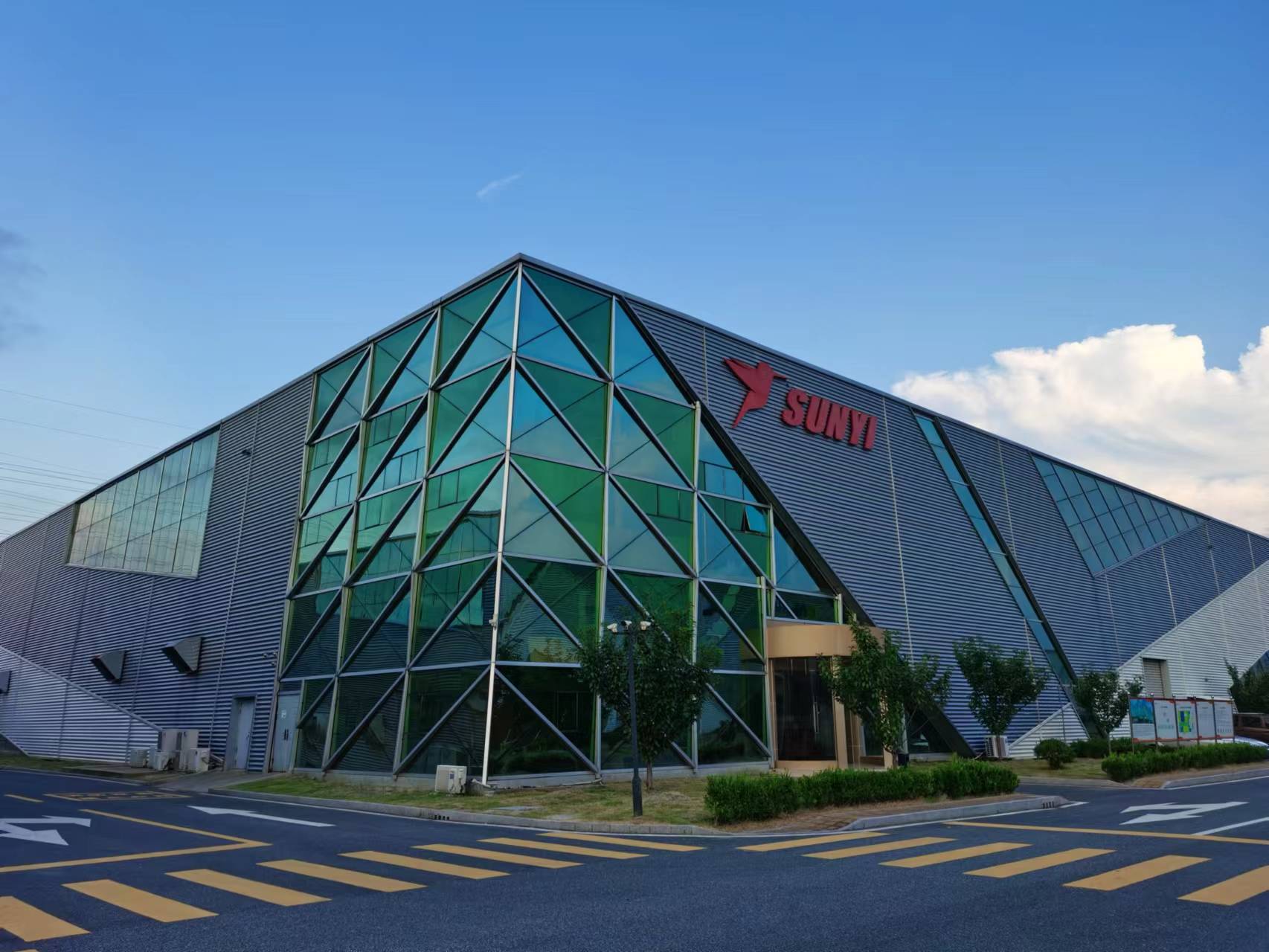Empty K Cups - Durable & Customizable Solutions for Keurig
Introduction to Keurig-Type Empty K-Cup Coffee Capsules
Keurig-type empty K-Cup coffee capsules are widely used as single-serve packaging solutions across various industries. These plastic capsules are designed to hold different types of contents, depending on whether they include a non-woven filter or not.
The sealed nature of the K-Cup capsule provides controlled portioning and extended shelf life, making it a practical solution for manufacturers in various fields. The compact design also allows for easy storage, transportation, and compatibility with automated filling and sealing machines.
This adaptability makes the Keurig-type empty K-Cup more than just a coffee pod—it is a multi-purpose packaging solution that caters to diverse consumer and industrial needs.

K-Cup With a Non-Woven Filter
The non-woven filter helps separate fine particles from the brewed liquid, ensuring a clean and smooth beverage.
When fitted with a non-woven filter, the empty K-Cup functions as a brewing capsule, making it suitable for:
* Ground coffee – Allows for single-serve coffee brewing.
* Loose tea leaves – Supports brewing whole-leaf teas.
* Ground tea powder – Can be used for finely milled tea varieties like matcha or instant tea blends.

K-CUP Without a Non-Woven Filter
When the capsule does not contain a filter, its applications extend beyond beverages. It can serve as a portion-controlled container for a variety of industries, including:
* Dairy products – Such as powdered creamer, milk powders, or yogurt-based formulations.
* Sauces and condiments – Including ketchup, mustard, or concentrated sauces.
* Cosmetics and skincare – Suitable for facial masks, creams, and other beauty products.
* Concentrated liquid beverages – Such as fruit extracts, herbal elixirs, or energy shots.
* Nutritional supplements and health products – Can be used for powdered or liquid vitamins, protein supplements, and other health-related formulations.
Technical Parameters
| Product Name | K-cup Container |
| Material | PP |
| Color | Customized |
| Size | 50.8(D)*44(H)mm |
| MOQ | 200,000 pieces |
| Lead Time | 5-7 day after payment |
| Payment | 100% T/T before delivery |
Company profile

Jiangsu Sunyi Machinery Co., Ltd., founded in 2011, is headquartered in Kunshan City which is the first of the top 100 counties in Jiangsu Province, China. The company focuses on the innovative R&D, manufacturing and sales of intelligent packaging equipments represented by coffee, tea, milk powder, solid beverage, beauty, pet food, etc. in FMCG, covering automatic high-speed filling machine, one-piece carton automatic packaging machine, etc. Sunyi continues to independently research and develop seven generations of intelligent packaging equipment, providing customers with first-class digital and flexible intelligent equipment solutions. In the future, the company will continue technological innovation, actively participate in the construction of the FMCG industry, and contribute to the promotion of the industry.
FAQ
1. What materials are used for Keurig K-Cup capsules?
Keurig K-Cups are typically made from a combination of plastic, aluminum, and filter paper. The outer shell of the K-Cup is usually made of food-grade plastic, while the lid is made of aluminum foil to ensure a tight seal. Some K-Cups also include a non-woven filter inside, typically for tea or coffee grounds.
2. Are K-Cups recyclable?
Traditional K-Cups, made of plastic and aluminum, are not fully recyclable in many places. However, some brands have shifted towards recyclable plastic or compostable materials. The foil lid and plastic base need to be separated for proper recycling, though this is not always feasible in some recycling facilities. There are also reusable K-Cups available for individual use.
3. What is the capacity of a standard K-Cup capsule?
A standard K-Cup holds approximately 9 to 12 grams of ground coffee, or a similar amount of tea leaves or other content. The liquid output from a K-Cup after brewing is usually 6 to 12 ounces of coffee, depending on the machine and brew size settings.
4. Can K-Cups be used for other products besides coffee?
Yes, empty K-Cups can be filled with a variety of products, such as:
* Tea leaves or herbal tea (with or without a non-woven filter).
* Powdered milk or creamer.
* Nutritional supplements, spices, herbal extracts, and more.
* Some even use them for cosmetics (e.g., facial masks or creams) or liquid concentrates.
5. Can empty K-Cup capsules be used for food packaging?
Yes, empty K-Cup capsules can be used for a variety of food products, especially for single-serve applications. They are ideal for products like single-serve tea, coffee powder, spices, and supplements due to their portion-controlled nature. However, proper food safety standards must be adhered to during filling and sealing processes.
6. Are there any special sealing or filling requirements for K-Cups?
Yes, the sealing and filling processes are essential to ensure the K-Cups are properly sealed to avoid leaks, contamination, or loss of freshness. Many manufacturers use specialized machines for automatic filling and sealing. The proper heat-sealing process is necessary to ensure that the aluminum foil lid is securely attached to the plastic base.
7. What certifications should a K-Cup packaging facility have?
A facility manufacturing K-Cup capsules should adhere to strict Good Manufacturing Practice (GMP) guidelines to ensure product safety, quality, and consistency. Certification such as ISO 9001 (Quality Management) or ISO 22000 (Food Safety Management) is often required for manufacturers that deal with food and beverages.




















